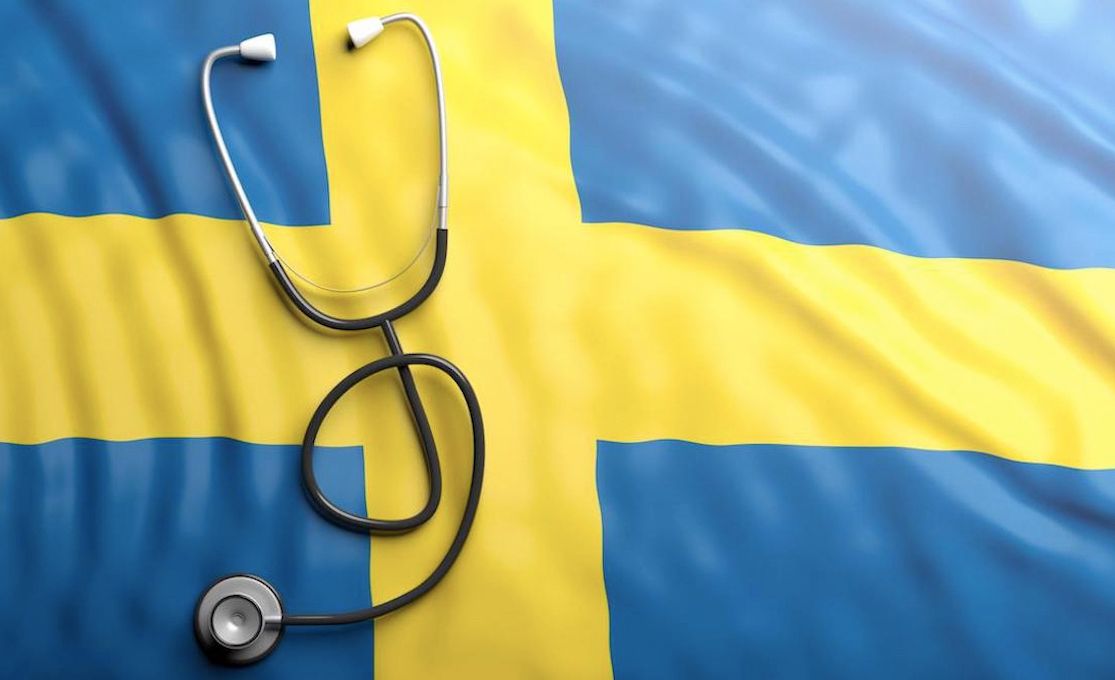Navigating the Swedish Healthcare System as an International Student
Discover how to navigate the Swedish healthcare system as an international student, from obtaining health insurance to accessing medical services.

Navigating the Swedish healthcare system as an international student can seem overwhelming at first. However, with the right information and guidance, you can access the healthcare services you need during your stay. In this blog post, we will cover the essentials of the Swedish healthcare system for international students, including health insurance, medical services, Försäkringskassan, healthcare centers, and emergency services.
Health Insurance
Health insurance is a crucial aspect for international students in Stockholm, as it ensures access to healthcare services during their stay in Sweden. The type of health insurance required depends on your nationality, the duration of your stay, and your enrollment status.
- EU/EEA/Swiss citizens: If you are a citizen of an EU/EEA country or Switzerland, you should obtain a European Health Insurance Card (EHIC) from your home country before arriving in Sweden. The EHIC grants you access to public healthcare services at the same cost as Swedish citizens. However, it's important to note that the EHIC does not cover private healthcare or repatriation costs. It is recommended to have additional private insurance to cover these aspects.
- Non-EU/EEA citizens (staying for less than a year): If you are from a non-EU/EEA country and your stay in Sweden is less than a year, you will need to obtain private health insurance. This insurance should cover emergency care, hospitalization, repatriation, and liability. You must ensure that your health insurance is valid for the entire duration of your stay in Sweden.
- Non-EU/EEA citizens (staying for more than a year): If you are a non-EU/EEA citizen staying in Sweden for over a year, you may be eligible to join the Swedish social insurance system through the Swedish Social Insurance Agency (Försäkringskassan). To be eligible, you must have a valid residence permit for 12 months or longer. Once registered, you will have access to the same healthcare benefits as Swedish citizens. It is important to register with Försäkringskassan as soon as possible after your arrival to ensure access to healthcare services.
Regardless of your nationality, it is essential to research and secure appropriate health insurance before arriving in Stockholm. Ensure that your insurance covers the specific healthcare services you may need during your time as an international student in Sweden.
Understanding Försäkringskassan
Försäkringskassan, also known as the Swedish Social Insurance Agency, is a government agency responsible for administering various aspects of Sweden's social insurance system. It plays a vital role in providing benefits and services, such as healthcare, parental leave, sick leave, disability, and pension.
As an international student, Försäkringskassan is relevant to you in several ways:
- Access to healthcare services: If you are a non-EU/EEA citizen staying in Sweden for over a year and have a valid residence permit for 12 months or longer, you may be eligible to join the Swedish social insurance system through Försäkringskassan. Once registered, you will receive a personal identification number (personnummer), which allows you to access healthcare services at the same cost as Swedish citizens.
- Dental care: Försäkringskassan also covers some dental care costs for those registered with the Swedish social insurance system. As an international student with a personnummer, you might be eligible for subsidized dental care.
- Parental benefits: If you become a parent while studying in Sweden and you are registered with Försäkringskassan, you might be eligible for parental benefits, including paid parental leave and child allowance.
- Sickness benefits: If you are employed part-time or have a temporary job while studying in Sweden and are registered with Försäkringskassan, you could be eligible for sickness benefits in case of illness or injury that prevents you from working.
It's important to note that the benefits and services provided by Försäkringskassan may vary depending on your nationality, residence permit, and enrollment status. EU/EEA/Swiss citizens with a European Health Insurance Card (EHIC) can access healthcare services without registering with Försäkringskassan. However, non-EU/EEA citizens staying in Sweden for less than a year are not eligible for the Swedish social insurance system and must obtain private health insurance instead.
Types of Healthcare
Primary Healthcare
Primary healthcare centers (vårdcentraler) are the first point of contact for non-emergency medical issues. Find a local vårdcentral and book an appointment with a doctor or nurse. If you have a personnummer, you'll be charged a subsidized fee for the consultation.
Emergency Care
In case of emergencies, visit the nearest emergency department (akutmottagning) at a hospital. For urgent but non-life-threatening issues, visit a walk-in clinic (närakut). Remember to call the emergency number 112 in life-threatening situations.
Dental Care
Dental care in Sweden is generally not covered by the national healthcare system and can be expensive. However, individuals aged 23 or younger receive free dental care. Some universities also provide dental services for students at a reduced cost.
Mental Health Services
Mental health is essential for a balanced and healthy life. If you need support, talk to your university's student health services or your local vårdcentral. They can help you access mental health professionals and resources.
Pharmacies
Pharmacies (apotek) in Sweden are well-stocked and can provide over-the-counter medications and fill prescriptions. Be aware that some medications may require a prescription from a Swedish doctor, even if they are available over-the-counter in your home country.
General Tips for International Students
- Keep a list of emergency contacts and medical information in your wallet, including your health insurance details and any allergies.
- Register with your embassy in case of emergencies.
- Learn basic Swedish medical phrases to help communicate with healthcare professionals.
- Keep a first aid kit and essential medications in your accommodation.
Conclusion
Understanding the Swedish healthcare system is essential for international students in Stockholm. By securing appropriate health insurance, registering with the necessary agencies, and familiarizing yourself with the available services, you can navigate the system confidently and access the medical care you need during your time in Sweden.
At Hemavi, we understand the importance of having a comfortable living environment while studying in Stockholm. Our matchmaking service for roommates and shared accommodation prioritizes safety and compatibility between roommates, ensuring a pleasant and stress-free experience. With Hemavi, you can focus on your studies and exploring your new city without worrying about housing issues.




Comments ()